A healthy pet’s body regulates their appetite, thirst, energy production, and fluid balance. When something is off, such as an internal organ malfunction or a hormone imbalance, your four-legged friend’s eating and drinking habits may change. Senior pets’ hunger and thirst commonly increase or decrease, and these changes are red flags that an underlying medical problem has developed.
During an in-home visit, our Mobile Cat & Dog Vet team can diagnose pets’ conditions and provide treatment options. Because your furry pal doesn’t have to get in their carrier, take a drive to a veterinary facility, and tolerate unfamiliar surroundings, their anxiety and your stress are minimized. Once your four-legged friend receives treatment for their underlying condition, they will begin to feel more like themselves, and their quality of life will improve. Learn about the most common conditions that cause pets’ eating or drinking habit changes.
#1: Diabetes in pets
The hallmark signs of diabetes include increased thirst, urination, and appetite, accompanied by weight loss. Diabetes develops because the pancreas stops producing insulin, or a pet’s cells become resistant to insulin’s effects. The disease causes body cells to stop using foods’ glucose as energy, resulting in a glucose buildup in the bloodstream, while the body tissues starve. Diabetes is reversible in some feline cases, but most dogs need lifelong treatments that include insulin injections and a special diet.
#2: Kidney disease in pets
Kidney disease affects a large percentage of aging pets, especially cats, causing diminished kidney function. Healthy kidneys conserve fluids and concentrate the urine, so when the kidneys are failing, the urine concentration becomes dilute and the fluid output excessive. A pet with kidney disease urinates and drinks excessively, loses weight, vomits, and has a poor appetite. Treatments include a special diet, supplemental fluids, medications to control disease complications, and supplements to help keep minerals and electrolytes balanced.
#3: Adrenal gland problems in pets
Cushing’s syndrome is classic adrenal gland dysfunction in dogs which causes the glands to produce an overabundance of cortisol (i.e., the stress hormone). Excess cortisol causes weight gain, a pot-bellied appearance, hair loss, skin infections, increased thirst and urination, and increased hunger. Treatment may be medical or surgical, depending on the disease’s underlying cause.
#4: Thyroid disease in pets
Overactive thyroid (i.e., hyperthyroidism) in cats can cause them to feel ravenously hungry while they simultaneously lose weight. Underactive thyroid (i.e., hypothyroidism) in dogs may cause weight gain, appetite loss, low energy, and skin issues. Both conditions are treatable with medications. In some feline cases, an injection is administered to kill the overactive thyroid tissue.
#5: Stomach problems in pets
Stomach problems, such as vomiting or diarrhea, can make pets feel nauseated and lose their appetite. Older pets’ stomach and intestinal issues are most often caused by inflammatory disease, cancer, and liver or pancreatic disease. Most underlying digestive system issues are treatable with medications that address the underlying cause and secondary symptoms.
#6: Cognitive dysfunction and stress in pets
Cognitive dysfunction (i.e., senility) is a common problem for aging pets. They may become confused in familiar environments, forget their house-training, develop an abnormal sleep cycle, or lose interest in eating or drinking. To help your senior pet stay grounded, keep a regular schedule and prioritize their daily exercise and training or play. In addition, anxiety and stress can cause a pet to forget about eating and drinking as they focus on their stressor. Your veterinarian can address your furry pal’s anxiety by prescribing calming medications and recommending training strategies.
#7: Pain in pets
If your four-legged friend is experiencing pain anywhere in their body, their appetite will likely suffer too. Dental pain is a common inappetence cause in pets of all ages, with arthritis being common in older pets. An anesthetized dental procedure can resolve your furry pal’s oral pain. Many treatment options are available to address arthritis pain, including medications, physical therapy, laser treatment, and supplements.
#8: Generalized illness in pets
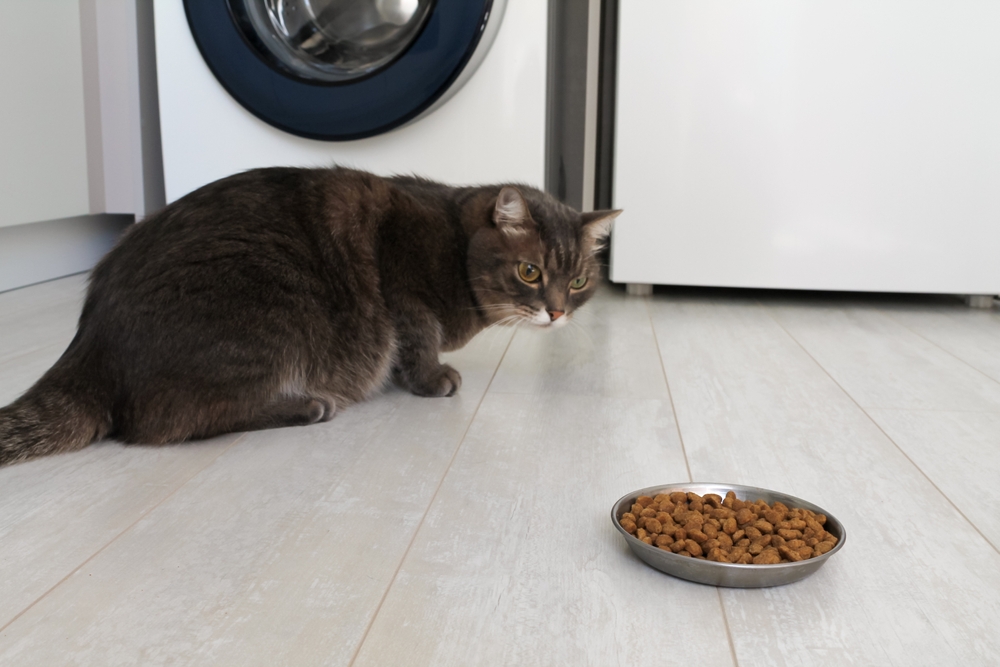
Nearly any illness that makes your pet feel generally crummy can reduce their appetite and activity level. Heart disease, infections, urinary tract disease, or cancer are possible causes. Before determining a treatment strategy, blood, urine, and imaging tests must be performed to rule out these conditions in a pet who is experiencing appetite loss.
Our Mobile Cat & Dog Vet team is focused on providing senior pets with the highest quality, in-home care. After diagnosing your furry pal’s underlying condition, we will recommend an effective treatment plan and continue to assess their quality of life. When the time comes, our team offers hospice care solutions and humane, peaceful in-home euthanasia. If your senior pet’s eating or drinking habits change, or they need a thorough examination to address their overall health care needs, schedule your four-legged friend’s in-home veterinary care visit with our Mobile Cat & Dog Vet team.


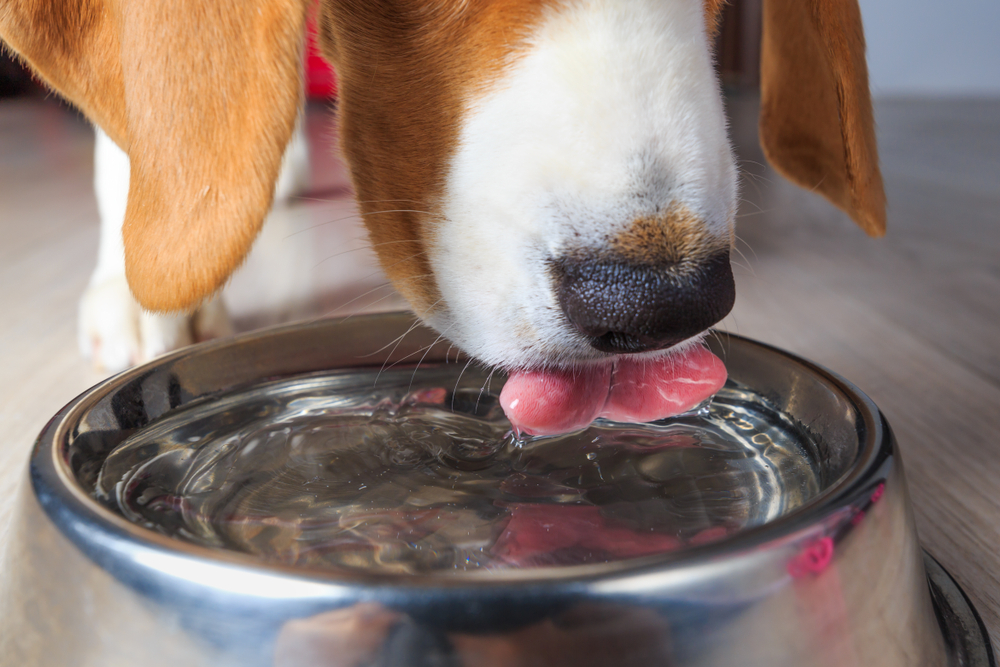
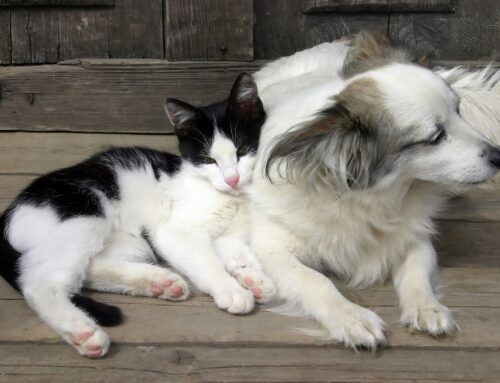
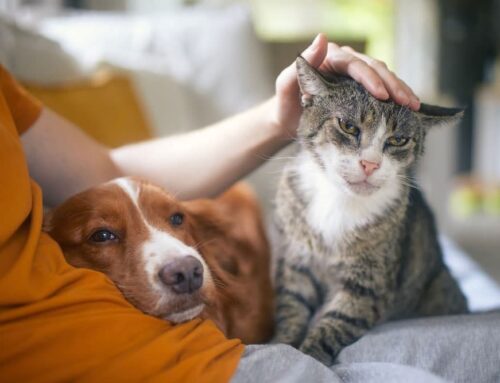
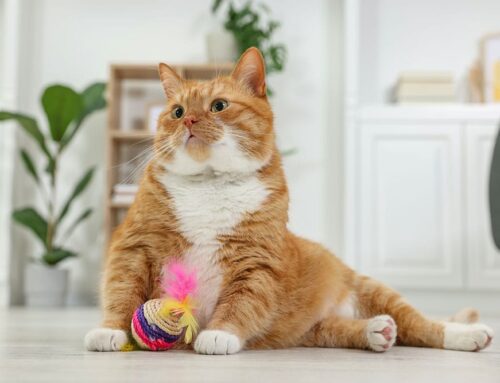
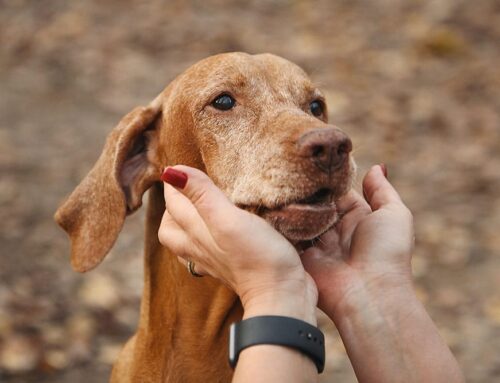

Leave A Comment